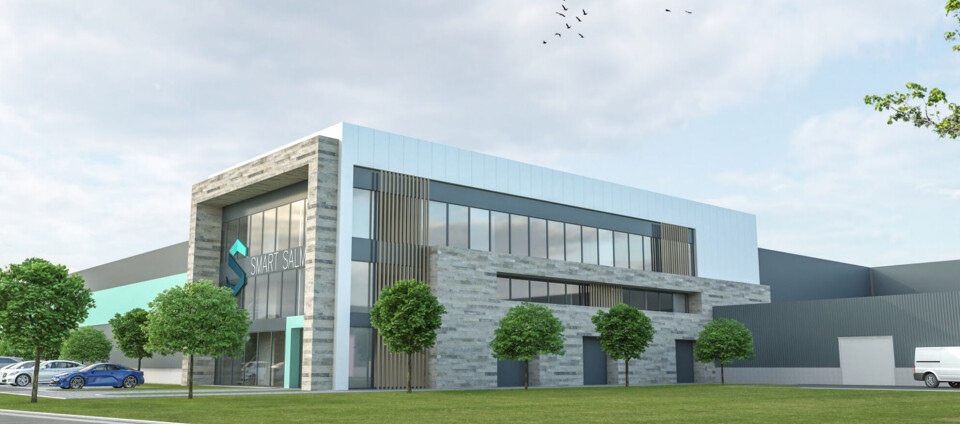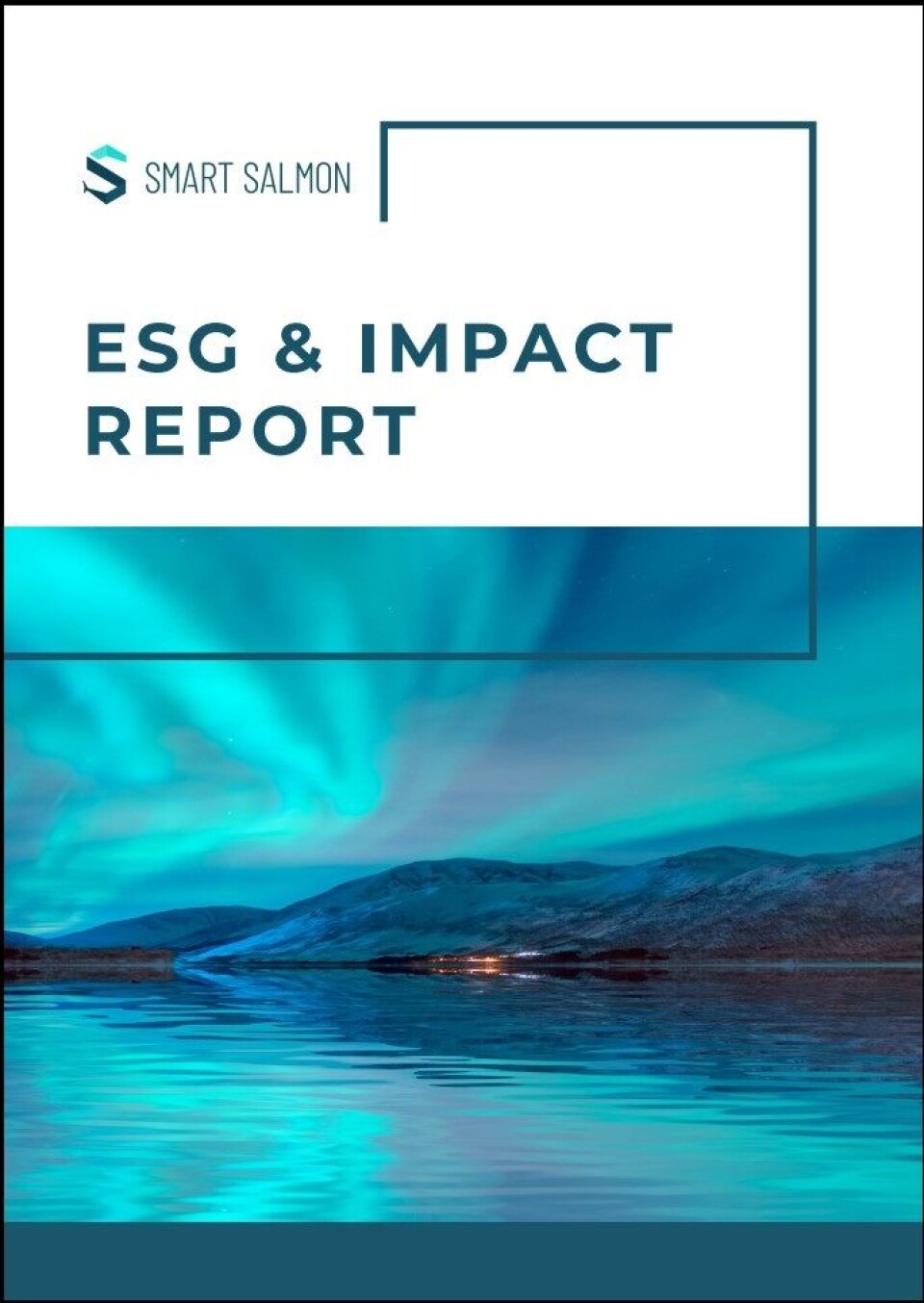
Norwegian company applies to build 8,000-tonne salmon RAS in Brittany
Project aims to set new standards
A Norwegian company, Smart Salmon, has applied for permission to build a land-based fish farm in northern France.
Smart Salmon, which is also building a facility for large smolts and harvest-sized fish in Norway, wants to produce 8,000 tonnes of salmon a year at a site in Guincamp, Brittany.
The company, founded by marine salmon farming brothers Stig, Ole and Petter Bakke, wants to set new standards for on-land production and is aiming for a carbon-neutral operation.
Israeli RAS expert AquaMaof is providing low-energy-use technology for both the Norway and France projects, and around 20% of the power for the France facility will come from solar panels. The rest will come from the French national grid, which takes 90% of its power from non-fossil fuel sources, primarily nuclear.
In the future, Smart Salmon intends to increase the proportion of power generated on site to 40% by using biogas generated from fish waste.
Many years of work
“After many years of escalating work, it is a pleasure to inform that Smart Salmon recently has delivered the application for land based salmon farming in France,” the company said on its website.
“Aqua Maof together with Alde Aqua, Cesia among others, have been of utmost importance in the application process. The application contains an ICPE (Installation Classée pour la Protection de l'Environnement)-part and a construction-part and includes more than 1,000 pages in addition to detailed 3D models of all parts of the planned facility. Smart Salmon is planning to produce the fish all the way from eggs to consumer friendly packages of fresh fillet.”
We recognise some resistance to the plans. We are respecting the opponents’ views, but we believe that most of the opposition is due to inaccurate information
Smart Salmon
The company added: “Smart Salmon is excited regarding the plans for salmon production in France, but we recognise some resistance to the plans. We are respecting the opponents’ views, but we believe that most of the opposition is due to inaccurate information, even though Smart Salmon has had a strong focus on informing the public and all stakeholders. Our facility will produce some of the most environmentally friendly animal proteins in the world, and this is backed by our ESG (environment, social, and governance)-report released earlier this week.”
ESG report
The ESG and Impact report, prepared with the help of sustainable aquaculture business accelerator Hatch Blue, can be read here.
Smart Salmon has listed a number of plus points in its proposal:
- Low power consumption of 4.5- 5.0 kwh per kg production of salmon.
- Low land use, producing 60-80 kg salmon a year pr square metre.
- Low water consumption, down to 1 litre to produce 1 kg salmon.
- No use of antibiotics.
- Improved fish welfare with zero sea lice in our farming operations.
- Low greenhouse gas emissions, with the aim of 4.1 kg of carbon dioxide equivalent (CO2e) per kg of edible meat produced.
- Not contributing to deforestation due to feed sourcing.
Lower FCR
Smart Salmon is targeting a lower feed conversion ratio (FCR, which is the amount of feed needed to produce one kg of fish) of between 1 and 1.1. In comparison, the company says, conventional fish farming FCR is close to 1.3, while chicken, pork, and beef have FCRs of about 1.9, 3.9, and 8.0, respectively.

The company intends to have a Fish In, Fish Out (FIFO) ratio of less than 1 kg of wild fish as raw material in fish feed for the production of 1 kg of farmed salmon and will utilise off-cuts from wild catches as much as possible in feed.
It also promises to partner with a feed supplier only using sustainable and traceable sourcing and certification practices that minimise deforestation and land use change and will support the development and inclusion of novel low carbon feed ingredients.
A second site
The processing time for applications in France is 9-12 months, said the company.
“Smart Salmon organisation and its partners have gained substantial competency regarding bureaucracy, culture and possibilities in France during the application process,” stated the company.
“In the time to come we will be monitoring the progress of our first application as well as considering other sites in France to apply for a second licence. Smart Salmon’s vision to become a land-based farmer of super sustainable salmon in France stands solid.”
Last week Smart Salmon announced that SmøgenLax AB, which is developing a salmon and algae farm in Sweden and is also using AquaMaof technology, has become a co-owner of Smart Salmon France Holding AS.
Good relationship
“The parties have had a good relationship for many years, and are now turning this into a formal framework.,” said Smart Salmon.
“SmøgenLax has extensive expertise from the food industry, specialised in water and waste treatment, including running a biogas plant in Sweden. Combining this expertise with Smart Salmon’s fish farming and French system expertise means that the company will be in a stronger position when it comes to realising the plans for sustainable land-based salmon farming in France.”
As a result of the capital increase, Joel Orden from SmøgenLax will take an active role by becoming a member of the board.























































